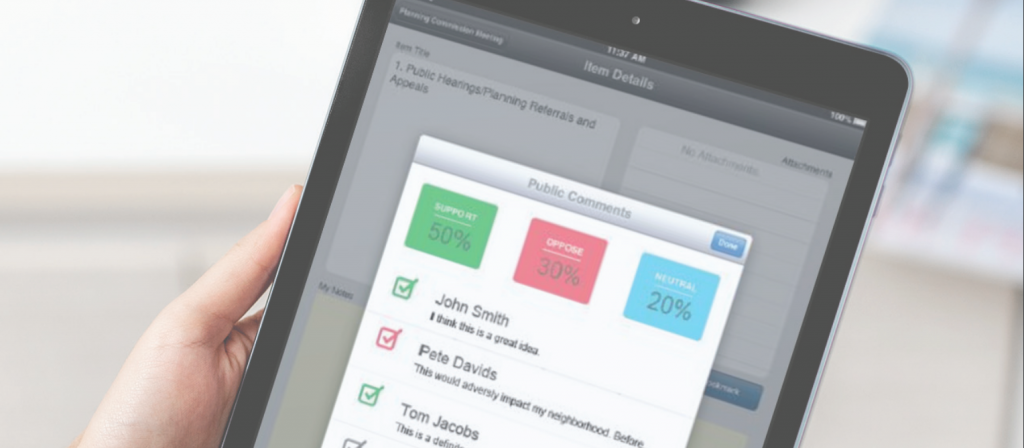Many organizations jump into digital transformation without thinking through all aspects of their interactions with customers. To build an effective and scalable experience, organizations must focus on three main levels of customer experience (CX).
Psychological: Develop Citizen Understanding And Empathy
To build a great experience, governments need to start with an understanding of their citizens and what they need. This is the first step in experience design, and it is often overlooked. A strong foundation and lasting relationships come from practicing thoughtfulness and empathy.
Develop a customer-centric culture and mindset by focusing on the employee experience and ensuring every employee — no matter their seniority or responsibilities — understands their impact on citizen experience.
Government agencies start to understand citizens by communicating with them and listening to their responses, which often takes the form of interviewing citizens, regularly running surveys, and then paying attention to the results.
Governments can’t assume that they truly know their citizens just because they know where they live and work. In most cases, citizens are eager to talk to their government and build an emotional foundation when given the chance. Strong experiences are built from stepping back and looking at processes through a citizen’s point of view.
Technical: Build A Unified Approach To Data And Technology
The technical level of customer experience is what most governments think of when they consider digital transformation. However, the technical level is best achieved when done on the psychological foundation that guides decisions of how and when to use technology.
Digital transformation uses technology to solve traditional problems. Instead of relying on the old way of doing things, governments that undergo digital transformations bring in new solutions. They tear down internal silos to create a unified approach to data and technology with access to a single data source for everyone.
This is done through cross-department collaboration with technology and data, which creates a consistent omni-channel experience no matter how citizens contact the government. A citizen who uses a chatbot to get answers should have just as good of an experience as someone who calls on the phone or gets information from a website.
Experiential: Create Customized Experiences at Scale
With a strong understanding of who the citizens are and what they are looking for, governments can create customized and unique experiences. Data and analytics are key to the experiential level; the most successful governments use data to create personalized experiences and leverage analytics to measure success.
Experiential customer service is where governments put their knowledge of citizens into action by using journey mapping to understand where citizens are in the experience process and where there are roadblocks and pain points that need to be resolved. Governments can also use metrics and heatmapping to uncover problems with user experience on their websites and apps.
This blog post is an excerpt from a partner spotlight guide, “Communications During Crisis.”
To learn more about how to set up a communication strategy to tackle any crisis in a step-by-step fashion, download the full guide here.
